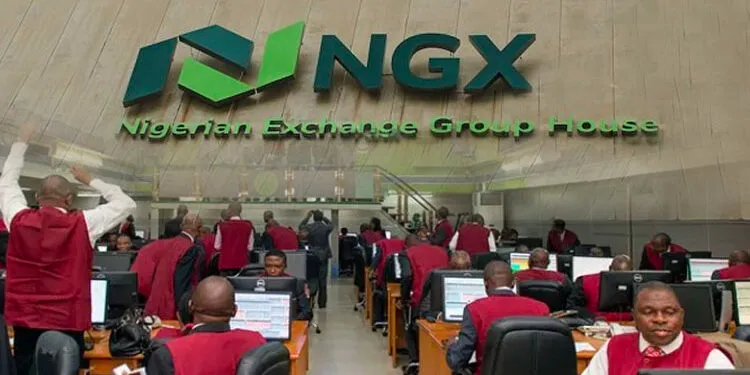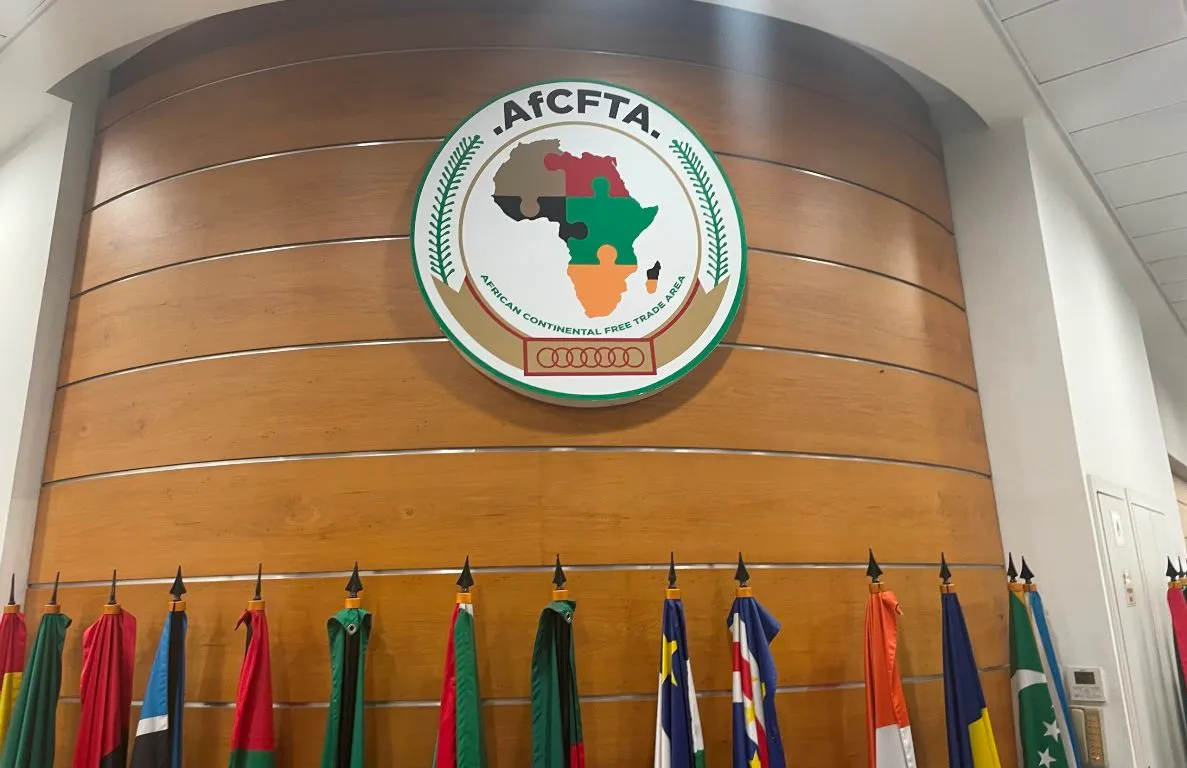The Independent Petroleum Marketers Association of Nigeria stated that the Nigerian National Petroleum Company Limited had to shut down the Port Harcourt Refining Company to save face.
IPMAN emphasized that the shutdown has little impact on the Nigerian petrol market, noting that the refinery had not produced petrol for nearly three months before the closure.
Meanwhile, the Petroleum Products Retail Outlet Owners Association of Nigeria argued that the facility would be useless without its Premium Motor Spirit (petrol) blending unit, adding that 30 days would be insufficient to complete the repairs.
In an interview on Saturday, IPMAN’s Publicity Secretary, Chinedu Ukadike, said the refinery had not produced any fuel in recent months and questioned why NNPC was only announcing the shutdown now, according to The PUNCH.
Recall it was earlier reported that the NNPC Chief Corporate Communications Officer, Olufemi Soneye, announced that the shutdown of the Port Harcourt refinery would commence on Saturday, May 24.
“NNPC Ltd wishes to inform the general public that the Port Harcourt Refining Company will undergo a planned maintenance shutdown. This scheduled maintenance and sustainability assessment will commence on May 24, 2025,” Soneye stated.
Ukadike stated that the 60,000-barrel-capacity refinery has not produced petrol in recent months, even after being declared operational in November.
He further said that the new NNPC management should have initiated a complete overhaul of the facility, describing the shutdown announcement as a mere attempt to save face, given that the refinery has been performing far below expectations.
According to Ukadike, marketers have been buying petrol from Dangote, while others resort to importation. He maintained that the shutdown of the facility for maintenance just six months after its commissioning showed that something was not well.
“For all these days, we have been buying petrol from the Dangote refinery, and some others are importing. The shutdown of the Port Harcourt is insignificant. It does not affect anybody.
“The refinery has been down for years before it was rehabilitated and reopened last year; now, they are shutting it down again. That means something is wrong. To the best of my knowledge, the refinery has not been producing anything in the past three months. This shutdown is just to save their face.
“Well, it does not matter the number of days or months this shutdown will last; what matters is, will it be able to come back to give Nigerians enough fuel and work effectively like the Dangote refinery?” Ukadike said.
On Saturday, the spokesperson of the Petroleum Products Retail Outlet Owners Association of Nigeria, Joseph Obele, insisted that the refinery had been shut down since Thursday. He feared that the shutdown might lead to job losses and fuel scarcity.
In a statement on Sunday, PETROAN President Billy Gillis-Harry expressed concerns about the shutdown. While acknowledging that maintenance was necessary, he urged the NNPC to stick to the planned 30-day repair schedule to minimize disruptions to the supply of petroleum products.
PETROAN is concerned that the 30-day repair period may be unrealistic because of typical delays, potentially resulting in extended downtime and increased supply disruptions.
“The association is worried that delays in the old refinery’s 30-day rehabilitation schedule may worsen economic hardship for millions of Nigerians,” Gillis-Harry said.
In his demands, he requested the inclusion of a PMS blending unit in the maintenance activity. “PETROAN emphasises that the repair process must include the Premium Motor Spirit blending unit, as the crude oil cracking process is of no value without it,” he said. He also demanded the timely completion of the maintenance work.
“PETROAN demands that NNPCL complete the repair before existing stocks run dry to prevent market monopolisation and ensure a stable supply of petroleum products. Completing the repair on time will help maintain competition in the market, benefiting consumers and the economy,” he stressed.
Gillis-Harry advised the Minister of Petroleum to establish a task force made up of key industry stakeholders to oversee the 30-day repair process. “The task force should provide Nigerians with weekly updates on the progress to promote transparency and accountability,” he said.
PETROAN also urged that contractors handling the repairs be paid promptly to prevent delays and keep the project on schedule.











